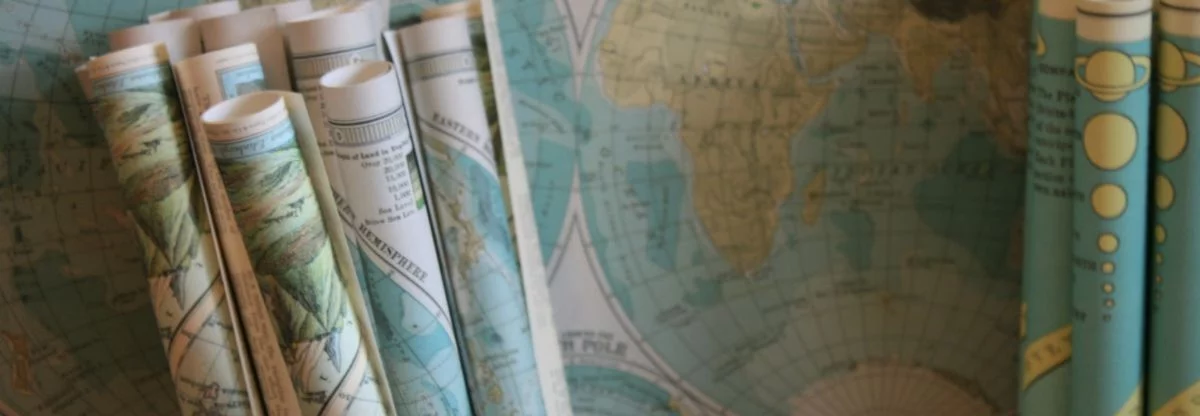International Day for the Remembrance of the Slave Trade and its Abolition
Original post: Another World Adventures

The 23rd August is the International Day for the Remembrance of the Slave Trade and its Abolition.
We all know what the slave trade is. European slavers took free people from across the African continent, especially from the countries of Western Africa, away from their homes, families and lives. Then they sold them as slaves to work in the plantations in South America, the Caribbean, and North America. From there, they traded the goods produced to Europe at a cheaper cost. This was the infamous triangle that touched three continents: Africa, America, and Europe.
A bit of history
What we may have forgotten, though, is why this anniversary occurs today. During the night between the 22nd and the 23rd of August 1791 a revolt against slavery began. This first act of rebellion had great importance and had a major impact on the entire colonial system in the Caribbean. A few years later, 1804, the island of Haiti, where the rebellion started, gained freedom and independence. This was the beginning of the end for the slavery system.
While slavery is not an issue confined to history or an issue that only exists in certain countries – it is something that is still happening today, indeed, it is a global problem and the UK is no exception.
The UNESCO, the United Nations Educational, Scientific and Cultural Organization, uses this anniversary today to promote the fight against what can be defined as the modern slavery. This means racism, racial discrimination, and any form of servitude that come directly from the slave trade.
The interesting history of Freetown
Freetown is the capital of Sierra Leone, a small Western Africa country. Sierra Leone, as many other countries that face the Atlantic ocean, were the major source of slaves as the ports made for easy transport between the Americas and Europe. And Freetown owes its name to this infamous history – the city was founded by British Naval Lieutenant John Clarkson and freed American slaves from Nova Scotia.
Africa is a such a huge continent, full of diverse cultures and history. If you want to know more about them you may find some of the trips we feature particularly interesting.
While some travel adventures dedicate more attention to nature and animals, others are a real cultural immersion. You will have a chance to meet local communities and learn their way of life, their history, and sometimes even their language. Some trips, particularly the overlanding trips in West Africa explore many of the countries deeply affected by the historic slave trade including Ghana, Liberia & Sierra Leone giving you a chance to visit and learn more.
Have a look to our African destinations to discover more ideas.









